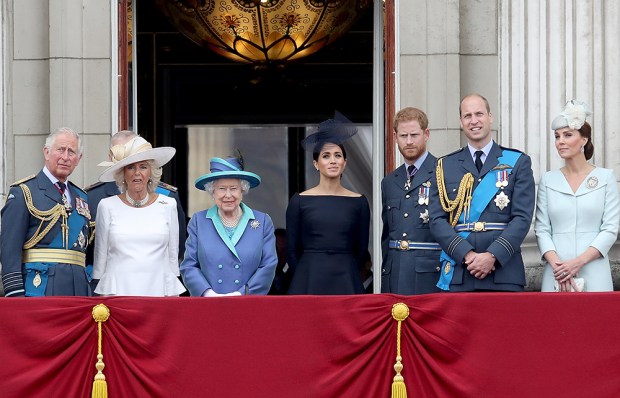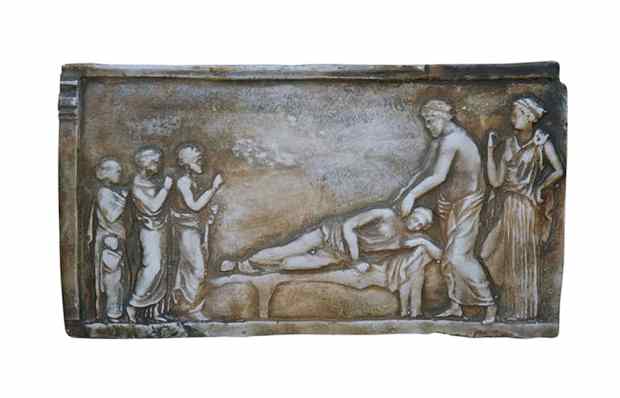The ancients knew nothing about global warming, but they still reflected on the relationship between man and nature.
In the absence of modern technology and with few sources of power (men, animals, wind and water), the ancients were limited in the use they could make of natural resources. Fire brought about the most radical change to nature’s offerings (cooking, pottery, smelting), with weaving, wood- and stone-working a close second. This could provide the farmer with all he needed, as Cato the Elder tells us: tunics, togas, blankets, shoes, iron tools, scythes, spades, mattocks, axes, carts, sledges, storage jars, pots, tiles, oil-mills, nails, buckets, oil-vessels, water-carriers, wine-urns, bronze vessels, etc.
Cicero painted the bigger picture, pointing out that cities and so civilisation — society, laws, customs — developed only on the back of man’s use of natural resources combined with his ‘manual labour and skills’. Without these, ‘we would have no healthcare, no navigation, no agriculture, no exports or imports, no quarrying of stones, no iron, copper, gold or silver, no houses, no aqueducts, canals, irrigation works, breakwater or harbours, all manu factos’ (‘made by hand’, cf. ‘manufacture’). Such modest technology could even build a 50,000-seater Colosseum. Only one thing could wreck everything, said Cicero — ‘man, who is the greatest harm to man’.
In his 37-volume Natural History, Pliny the Elder put a religious spin on Nature. Though it could cut up rough at times (poisonous plants, fierce animals, storms at sea), its eternal laws permeated a universe filled with mirabilia (‘wonderful things’), making it the equivalent of what men meant by God. But it was a power for good on one condition: that man treated it with respect. It was man’s propensity for mishandling and perverting it for his own selfish interests — wealth, power, idleness and luxury (Pliny felt that Nature had buried gold and silver under the ground for a purpose) — that led him to work, disastrously, against Nature which, being ‘perfect’, should be interfered with as little as possible.
Working with nature, and not against it, is as much a moral imperative in today’s world as some felt it to be in the ancient.
Got something to add? Join the discussion and comment below.
Get 10 issues for just $10
Subscribe to The Spectator Australia today for the next 10 magazine issues, plus full online access, for just $10.
You might disagree with half of it, but you’ll enjoy reading all of it. Try your first month for free, then just $2 a week for the remainder of your first year.














Comments
Don't miss out
Join the conversation with other Spectator Australia readers. Subscribe to leave a comment.
SUBSCRIBEAlready a subscriber? Log in